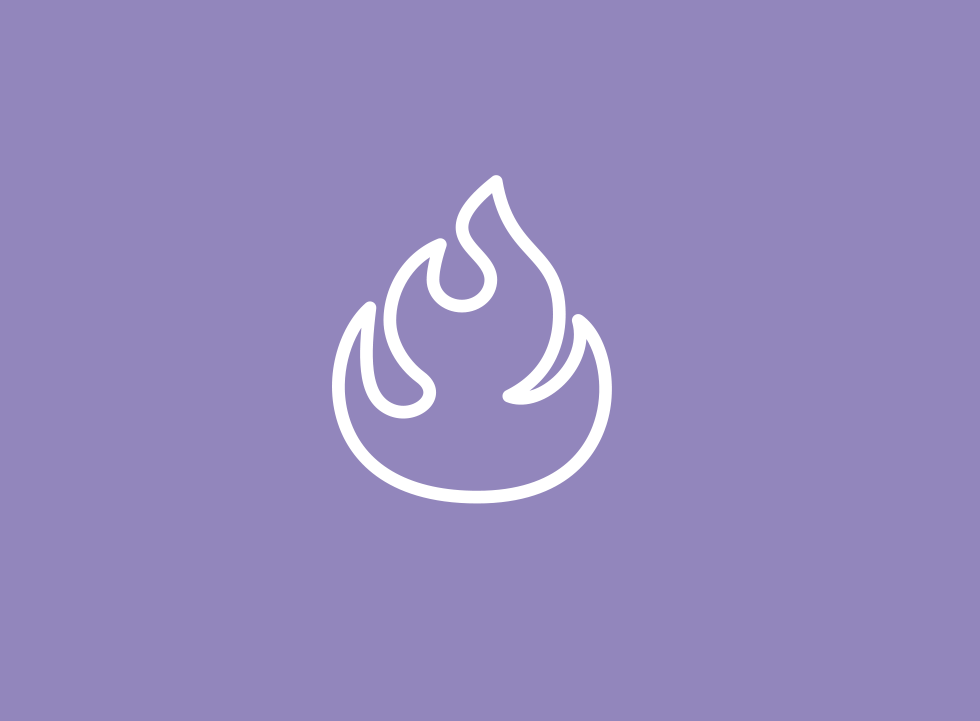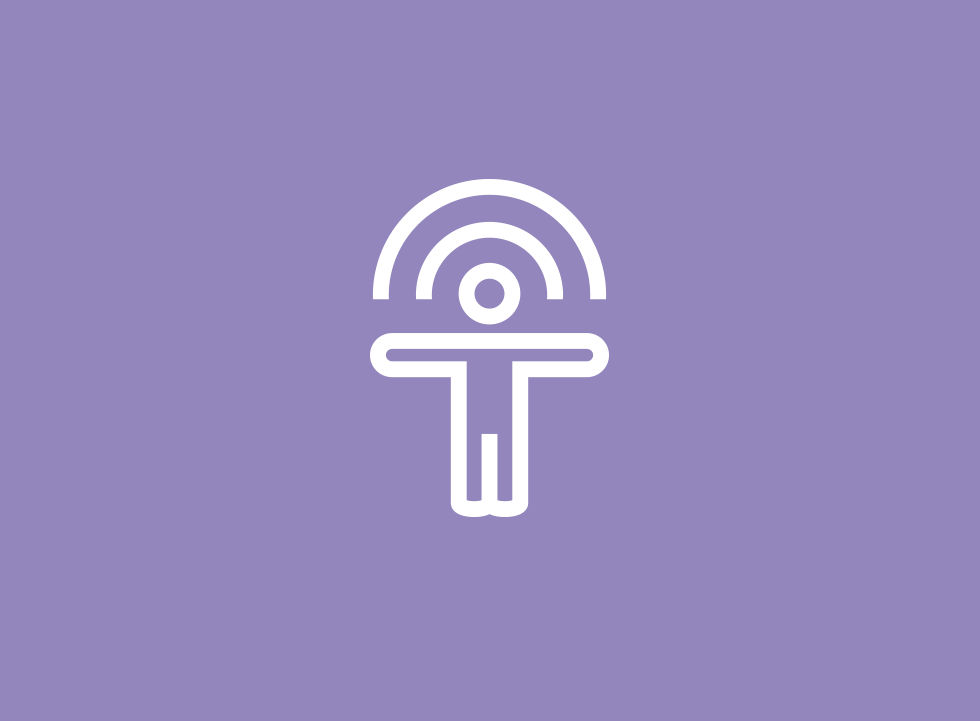Health
Developing projects for practitioners and patients
We have developed programmes to improve the lives of people in a range of situations; from secure units to hospices. We have developed projects for practitioners and patients and have designed and delivered community education programmes.
Humour, laughter and health
A key element of our work are ground-breaking practitioners and patient community education programmes which explore the relationship between humour, laughter, happiness, health and wellbeing. We utilise recognised psychosocial interventions, but with a twist – humour.
Stress reducing interventions
We can help you and your organisation to enhance general health and well-being among practitioners, service users and patients. We can design interventions and programmes which reduce stress, encourage positive thinking, improve self-esteem and confidence, create hope and optimism and embed resilience and happiness.
We want to engage people in their own healthcare by showing them how to explore issues and experiences in a fun and creative way. Our cbt-based techniques help people deal with pressures and challenges without resorting to negative behaviours.
Using humour and laughter to encourage perspective in order to gain control over emotions, we have worked with:
- Thatto Heath Children’s Centre
- St Helen’s Primary Care Trust
- The Humber Centre for Forensic psychiatry
- Knowsley NHS Engagement and Involvement Services
- St Luke’s Hospice – Live well die well programme
- Addaction
- Drug and Alcohol Treatment Services
- Flintshire Community Parents & Peer Support Programme
- Crime Reduction Intervention Programmes
- Heaton Children’s Centre
Our health programmes have included public health campaigns, workshops and training programmes for service users and providers and interactive conference addresses.
- Created on .








































